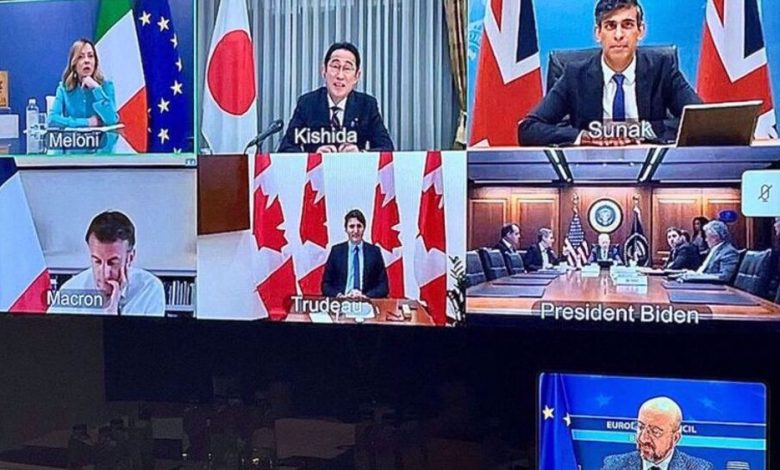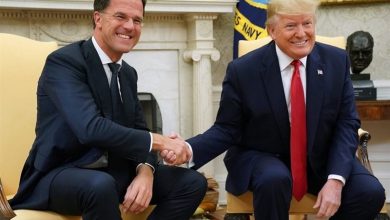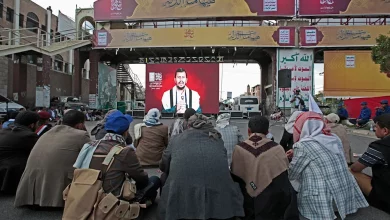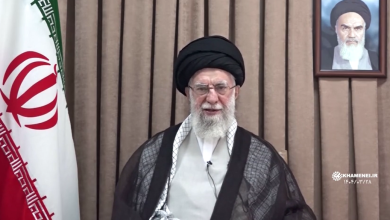
Iran has condemned the G7 statement regarding Iran’s retaliation of Israel’s attack on its consulate in Syria, pledging that it will not hesitate for a second in responding to aggressors.
Leaders of the G7 nations claimed in their joint statement that “With its actions, Iran has further stepped toward the destabilization of the region and risks provoking an uncontrollable regional escalation”.
Iran’s Foreign Ministry spokesman Nasser Kan’ani shot back Thursday, saying the statement is “in line with the well-known approach of these circles based on double and contradictory standards and behaviors”.
Kan’ani touched on the group’s “passive and encouraging position toward the aggressor regime” following Israel’s attack on Iran’s diplomatic headquarters in Damascus in gross violation of the UN Charter and international conventions, while condemning the Islamic Republic’s “legitimate action and proportionate and deterrent response against the source of armed aggression”.
“The government and the armed forces of the Islamic Republic of Iran, while remaining responsible toward regional and global peace and security and adhering to international laws and regulations, will not hesitate an iota to defend national security and interests and they will give a decisive, regretful and deterrent response to the aggressors.
“They are not affected by the political and propaganda hype of the founders of the existing conditions in the region and the world,” Kan’ani said.
He called the US and some European countries as the sponsors of the biggest wars, occupations and insecurities in West Asia for more than half a century, which have “put the occupying, apartheid and criminal regime of Israel under protection and immunity above all international laws and resolutions”.
“Expressing concern for peace and security stability in the region and the world by such governments is ridiculous,” Kan’ani said.
The G7, which calls itself the Group of Seven industrial democracies, groups the United States, Canada, Italy, Britain, France, Germany and Japan, as well as the European Union.
Kan’ani said, “Instead of blindly supporting the Zionist regime, the leaders of the European Union and members of the Group of Seven should stop supporting the regime that threatens regional and international peace and security.”
Instead, they should “appreciate the Islamic Republic of Iran for taking proportionate and legitimate action in punishing the aggressor”, he added.
“European and G7 authorities know very well that the main root of the crisis and instability in West Asia and, of course, on a wider scale in the world, is the occupation of Palestine and the crimes of the Zionist regime in the occupied territories for several decades and depriving the oppressed Palestinian people of their basic and obvious rights,” Kan’ani said.
“There is no doubt that turning a blind eye to the obvious facts and baseless accusations against others by the US and Europe will not solve the problem of regional and international security.”







